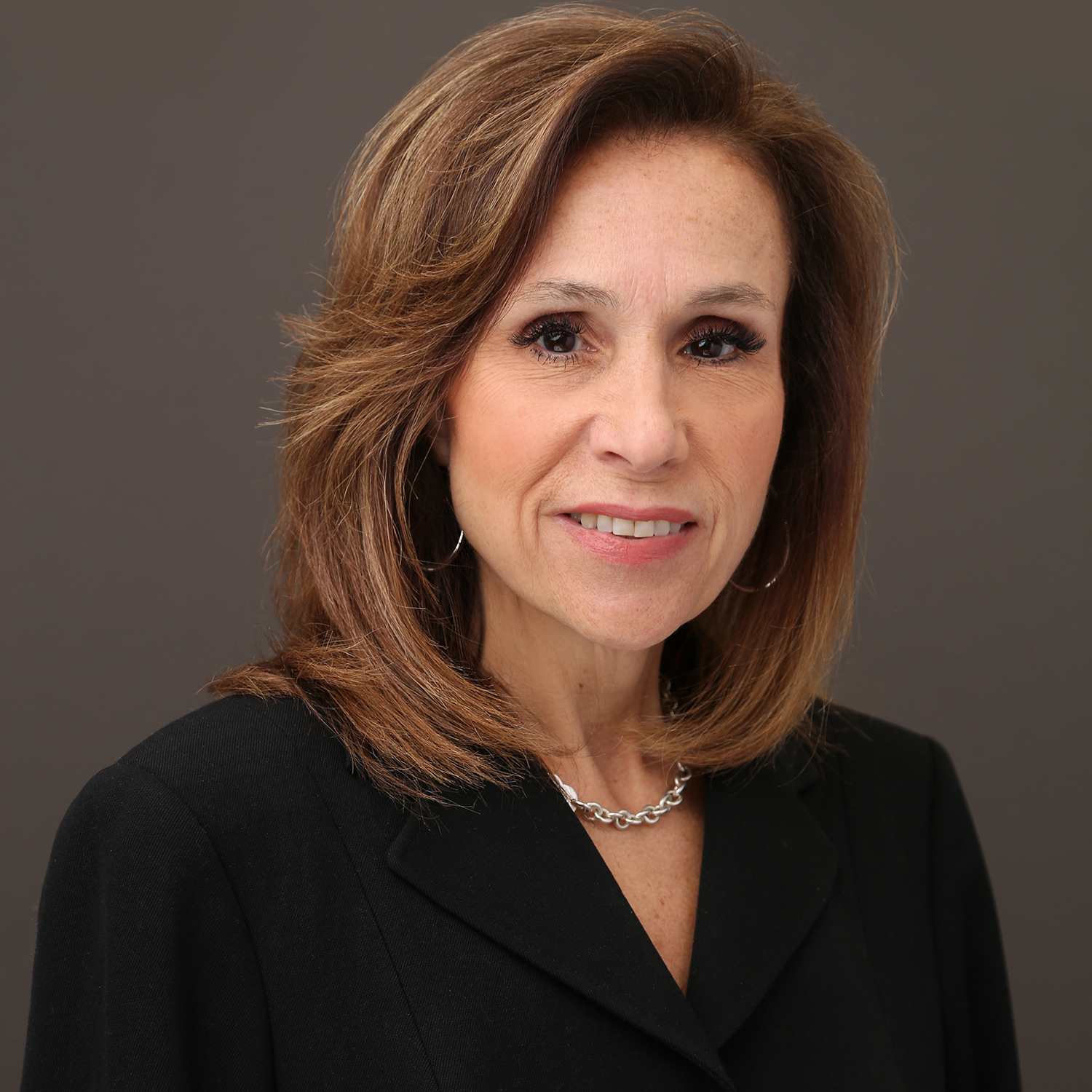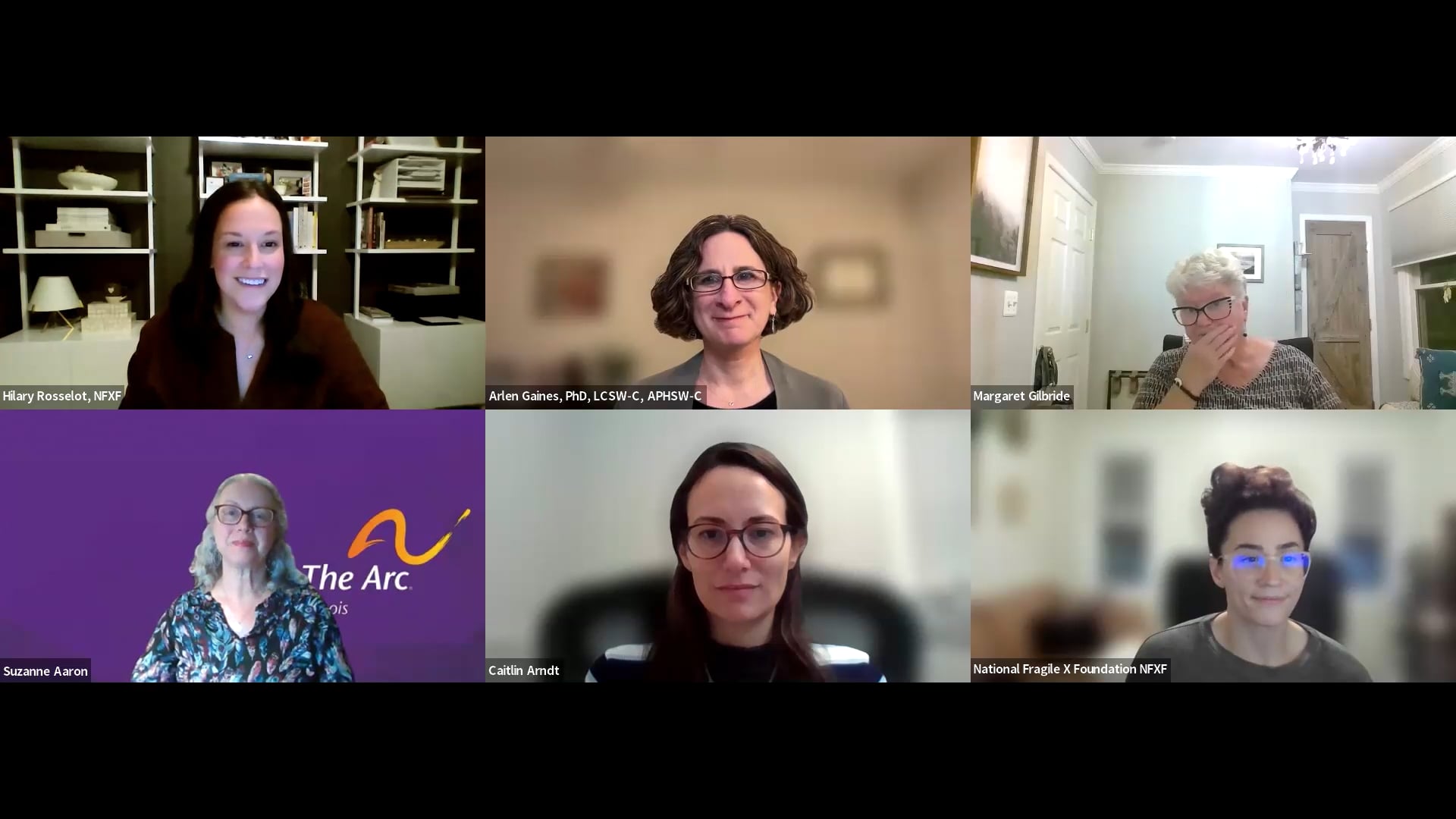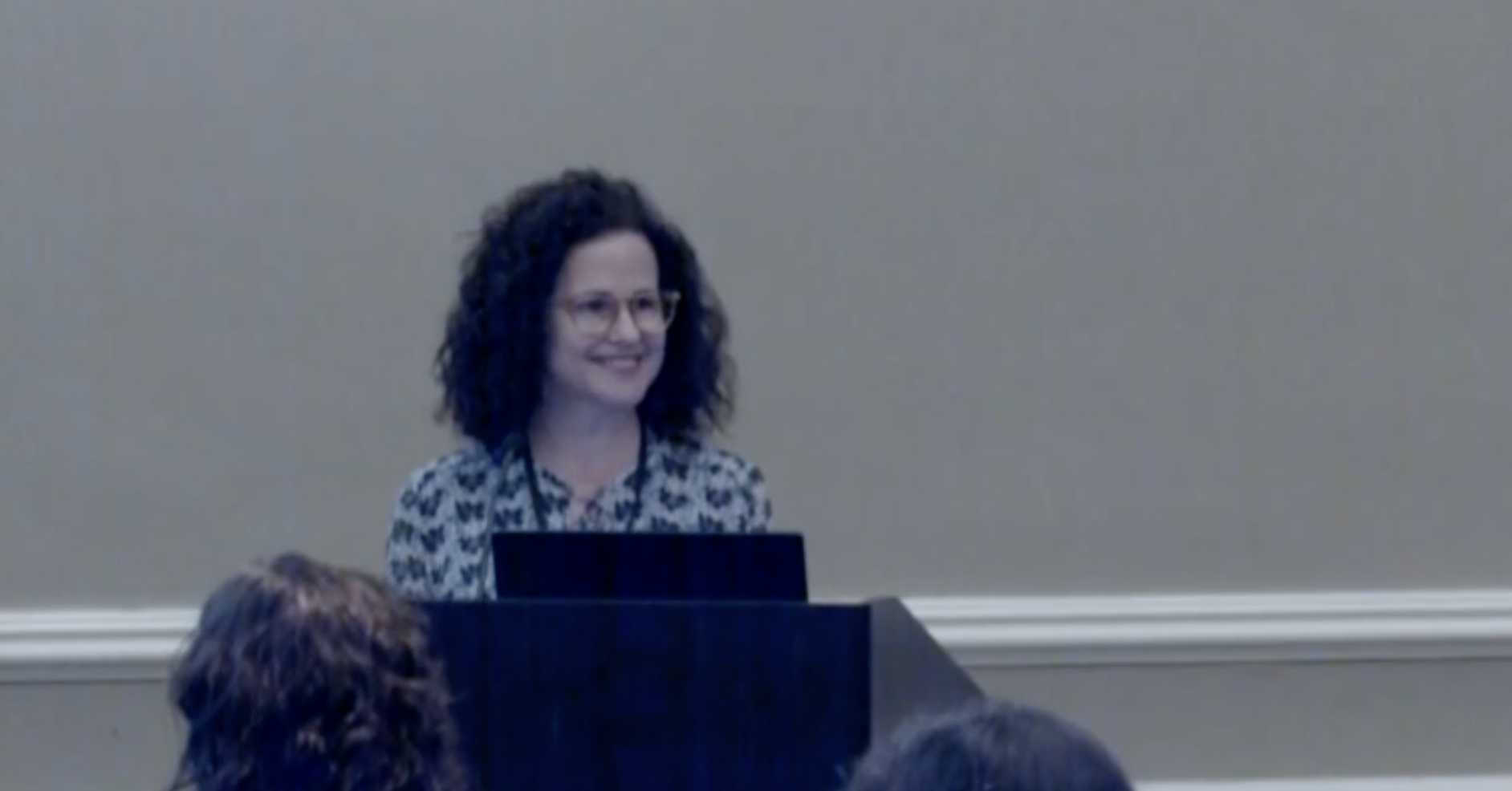Planning for the future of a loved one with Fragile X syndrome is one of the most important and often one of the most emotionally challenging tasks you will face. Whether you are just beginning the planning process or already have a comprehensive financial, legal, and estate plan, a letter of intent can help fill in the day-to-day details that formal documents often leave out.
It can help capture the personal preferences, routines, goals, and care considerations that only you, as a caregiver, may know. Without a plan, important decisions about your loved one’s care could fall to someone unfamiliar with their needs, or even a court. Kelly emphasized that every plan should be as unique as the individual it serves, reflecting their personal needs, lifestyle, level of independence, and long-term goals.
The Purpose of the Letter of Intent
While a letter of intent is not legally binding, it is a roadmap for future caregivers and decision-makers. The template helps you document your loved one’s daily routine, preferences, medical, educational, and social needs. Including this information ensures your loved one’s voice is present in future care decisions, even when you can no longer advocate and care for them.
View or download the MassMutual Letter of Intent. This is an interactive PDF you can use as a guide to create your own letter of intent.
Kelly acknowledged that it is completely normal to feel overwhelmed when thinking about the future. Breaking the process into smaller steps and assembling a planning team, including family members, friends, and professionals who know your loved one well, can make it more manageable.
Most importantly, the letter of intent should be reviewed and updated regularly to reflect changes in your loved one’s needs, abilities, and goals.
Planning for the future is an act of love. It takes time, courage, and often the willingness to ask for help. By taking even small steps toward building a plan, and including a thoughtful letter of intent, you can provide stability, security, and the assurance that your loved one’s needs and dreams will be honored.
Helpful Resources
These are some resources discussed in the webinar to support your planning process.
Additional webinars we recommend:
The information provided is not written or intended as specific tax or legal advice. MassMutual and its representatives are not authorized to give tax or legal advice. Individuals are encouraged to seek advice from their own tax or legal counsel. Individuals involved in the estate planning process should work with an estate planning team, including their own personal legal or tax counsel.





